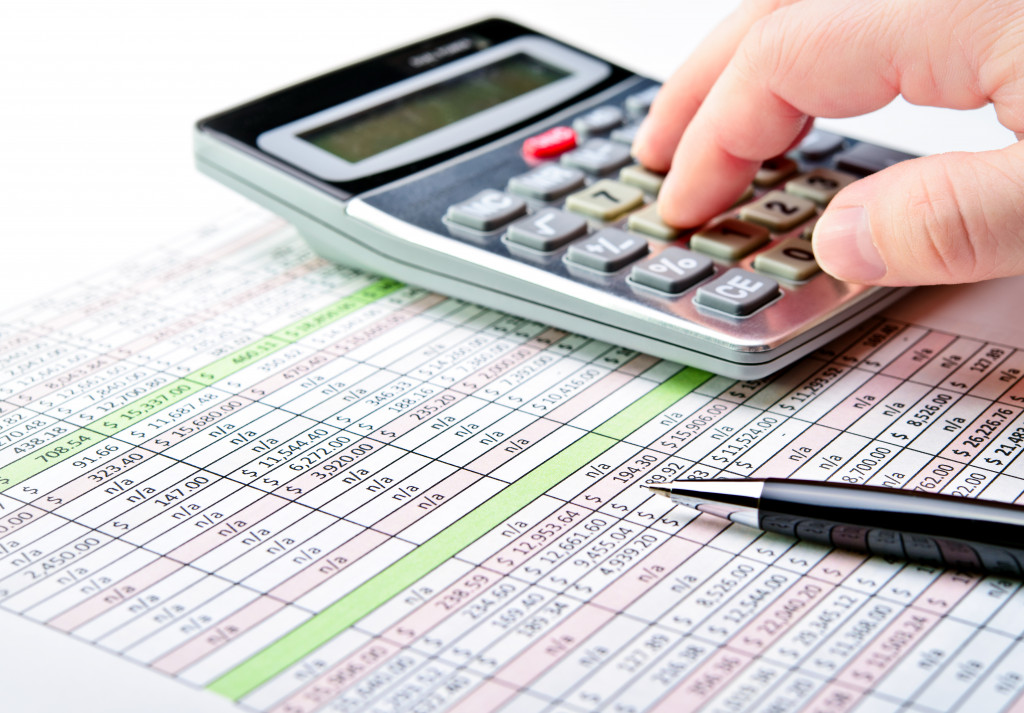- Expat house hunting involves understanding local laws, taxes, and cultural norms and assessing location for quality of life.
- It’s crucial to research local property laws, crime rates, and tax implications when choosing a location.
- Financial planning involves understanding mortgage options, managing exchange rate risks, and fulfilling insurance requirements.
- Buying land to build a custom home can be viable, though it requires additional responsibilities and planning.
Looking for a new house is a stressful endeavor. But, for expats searching for a property overseas, it’s an entirely different ballgame. You’ll need to familiarize yourself with local property laws, taxes, financing, and cultural norms before investing in a foreign country. This guide will walk you through the key considerations you must keep in mind while hunting for a house abroad to make an educated choice.
Location, Location, Location
The location of your home is one of the most important decisions you’ll have to make. It will dictate your daily routine and significantly impact your family’s quality of life. Consider easy access to public transportation, medical facilities, schools, shopping centers, and entertainment venues when choosing a location. Here are other things to research about the area of your home:
Local Property Laws
Understanding the local property laws is crucial when buying property overseas. Each country has its own set of rules concerning foreign property ownership. Some countries may welcome it, while others may have restrictions or even prohibitions. Therefore, you need to conduct thorough research or seek advice from a local legal expert. This will help you comprehend the regulations and avoid potential legal pitfalls.
Crime Rate
Knowing the crime rate of the area where you plan to buy a property is essential for ensuring your safety and security. Research reliable sources to get accurate information about criminal activities and trends in the neighborhood. Remember that a high crime rate can affect property values and your daily lifestyle. If possible, consider speaking with local residents or the local police department for their insights. It’s always better to be safe than sorry.
Tax Implications
The tax implications are among the most critical aspects to consider when buying property overseas. The tax laws for foreign property ownership can vary significantly from one country to another. Some might have a tax treaty with your home country, thereby preventing you from being double-taxed, while others may impose high property taxes on foreign owners. Always consult with a tax advisor familiar with the tax regulations in your home and prospective country.

Finances
Before you start house hunting, make sure to get your finances in order. Research local property taxes, closing costs, insurance rates, and other associated expenses to plan your budget. Consider the exchange rate when converting your money and how that impacts your purchasing power. Work with a reliable financial advisor to ensure you have a solid plan in place. Here are other financial matters that you need to understand:
Mortgage Options
In many countries, expats are eligible for mortgages to help finance their purchases. However, this option may not be available in all countries, or the mortgage terms may be different than what you’re used to. Some lenders offer more extended repayment periods, while others impose stricter requirements such as higher down payments and collateral. Speaking with a local banker to discuss the available mortgage options is essential.
Exchange Rate Risks
Exchange rate risks can be one of the biggest challenges when buying property abroad. Since there is no way to predict currency fluctuations, you should be prepared for any eventuality. To minimize your risks, consider setting up a foreign currency account and hedging against exchange rates by using currency forwards and options.
Insurance Requirements
Most countries will require you to have insurance for your home, property, and other possessions. This can include building insurance, contents insurance, liability insurance, and more. Be sure to research the types of coverage available in the country where you are buying property and compare different packages from reputable providers before making a decision.

Land Options
Sometimes, the best option may not be a pre-existing home but rather a good land for sale that allows you to build your dream home from scratch. This choice can offer you the flexibility to customize your living space according to your specific needs and preferences.
However, be wary of the additional responsibilities and potential challenges involved, such as securing necessary permits, managing construction costs, and dealing with unexpected issues during the build. Consulting with a local real estate expert can help you navigate these complexities and find good land for sale that suits your goals.
Furthermore, you should speak with an experienced architect to determine the feasibility of the project and get ideas for designs that can maximize energy efficiency, safety, and your budget.
House hunting abroad can be an overwhelming experience, but with the proper knowledge and due diligence, you can make it a positive and rewarding experience. Research, connect, and prepare for a successful house-hunting journey overseas. Make sure to prioritize the critical criteria, such as location, local laws, and finances. Doing so will ensure you make an informed decision and steer clear of unpleasant surprises after the purchase.
